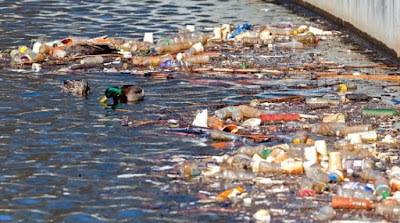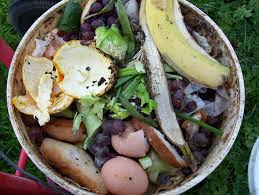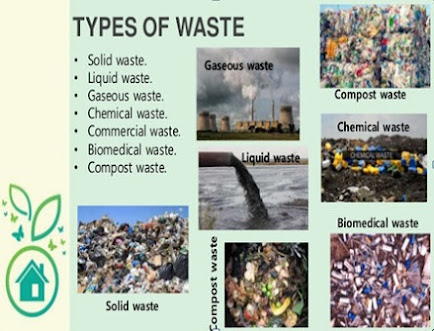Definition of Pollutant:
Any substance which causes pollution is called a pollutant. e.g. plastics, pesticides, lead, mercury, Carbon oxides, Particulate matter, bacteria, etc. Pollutants damage the quality of different components of the environment i.e. air, water, and soil.
A pollutant is any solid, liquid, or gaseous substance present in such concentration as may be or tend to be harmful to the environment.
 |
| Air Pollutants |
 |
| Water Pollutants |
 |
| Biodegradable Pollutants |
 |
| Biodegradable Pollutants |
Types of Pollutants:
Pollutants can be divided into four types:
Solids: Metal, plastic, paper, wood, leaves, human
waste, animal waste, etc
Liquid: Oil, Chemicals (Acids, bases), pesticides,
detergents, etc
Gaseous: Chlorofluorocarbons (CFCs), Methane,
Hydrogen sulfide, carbon dioxide, carbon monoxide, Nitrogenous gases (NOx),
Sulfurous gases (SOx), etc.
Biological: Bacteria, fungi, viruses, etc.
Classification of Pollutants:
The pollutants can be
classified into two basic groups:
(a)
Degradable pollutants or Bio-degradable Pollutants
(b)
Non-degradable Pollutants:
(a)
Degradable pollutants or Bio-degradable Pollutants:
These
are organic substances that can be decomposed by natural processes like
biological or microbial action.
The degradable pollutants can be further subdivided into two
categories:
(i) Rapidly degradable pollutants:
For
example, the decomposition of sewage and wastes of animals and plants is a
faster process.
(ii) Slowly degradable pollutants:
For
example, degradation of synthetic compounds and radioactive elements.
(b)
Non-degradable Pollutants:
The
substances or products which cannot be broken down by the natural processes
i.e. by the action of microbes.
These can be further subdivided into two more classes:
(i) Waste: Examples:
glass, phenolic compounds, aluminum cans, etc.
(ii) Poisons: Examples: pesticides,
heavy metals like mercury, lead, etc.






No comments:
Post a Comment